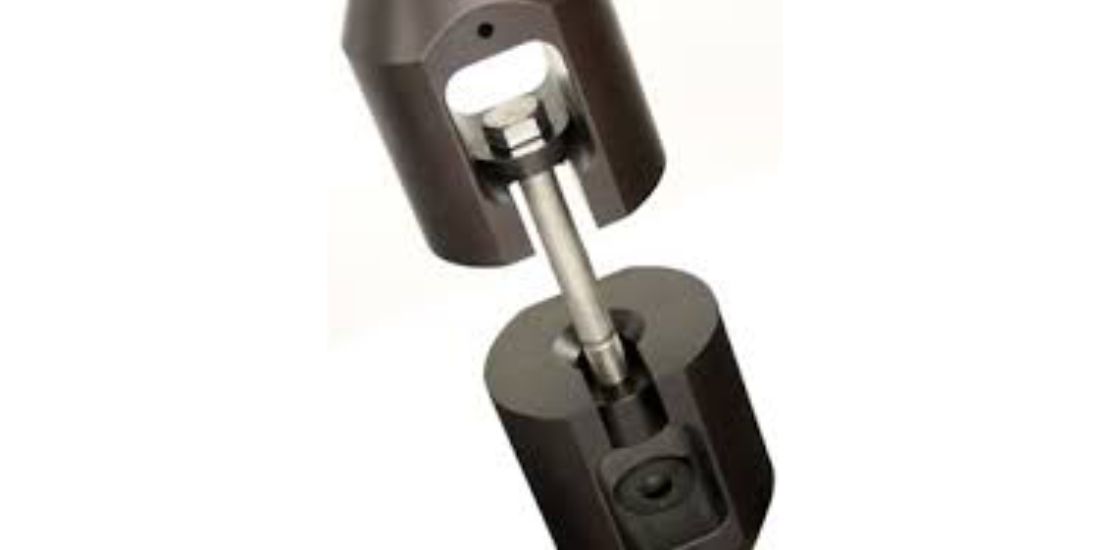Shear stud connectors testing
- March 11, 2020
- Posted by: Design Yuktee
- Category: Shear Stud Connector Testing

Shear connectors work to redistribute the load in constructions such as steel bridges and buildings. Headed shear stud connectors tend to be used most commonly in such constructions due to their several advantages. Headed shear stud connectors provide equal shear strength in all directions. The correct shear stud connector spacing also plays an important role in composite construction. Shear connectors do not create much obstruction in slab reinforcement, and allow better compaction of concrete around themselves. Lastly, thy are simple and easy to weld. In composite deck or composite beams, certain standard sizes of shear stud connectors are used. However shear studs of 19 mm diameter are not generally chosen in composite constructions because using these could lead to higher level of defective welds
Artech is a leading manufacturer and supplier of headed shear studs and related welding equipment in India. We provide a wide range of shear connectors with shank diameters from 13, 16, 19, 22 and 25 mm, and varying lengths. High-quality bare metal or through deck ceramic ferrules suitable to the connectors are also supplied after considering the application type.
Working of shear stud connectors
If a part of steel bridge fractures, the load is distributed to parts that are intact. Successful redistribution of this load is determined by the tensile capacity of shear stud connectors connecting the girder to the deck, and shear connector spacing. Elasticity and tensile strength are two important measuring rods for various metals that are used to manufacture shear studs. When pressure is applied, elastic metals will stretch to accommodate the load, and then return to their original state when the load is removed. If the load keeps increasing beyond the tensile strength of the metal, it will enter a plastic zone, where the metal will not regain its original shape when the load is removed. It will remain permanently elongated. If the load still keeps increasing, the metal will eventual fracture.
Criteria for shear stud connector tests
Mechanical tests for shear studs are carried out on three criteria
- Tensile strength is the ability of the metal to stretch and carry the load before it ultimately fractures.
- Yield point is the point at which the metal loses its property to regain original shape, and remains permanently stretched.
- Proof of load is the measurement of pressure the metal can handle before it begins to enter permanent elongation.
Shear stud connector mechanical testing norms
There are indeed specific norms of what tensile strength the component should have when it is to be used in construction. However, it appears that there are different norms in different countries.
For instance, NAASRA (National Association of Australian State Road Authorities) requires stud connectors of minimum 410 Mpa tensile strength while British code mandates studs of up to 500 Mpa.
Shear stud connector testing
Testing is mostly carried out by third-party labs. When it comes to imported shear studs, questions could be raised about the authenticity of third party labs that take up the testing of these components. However, for shear studs manufactured in India, it is easy to verify the authenticity of the labs testing the products. Additionally, Artech emphasizes tractability of its products which makes it easy to redress any issues with the products.






